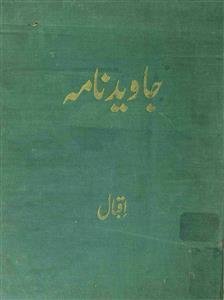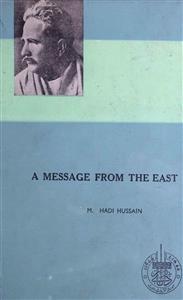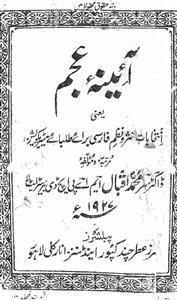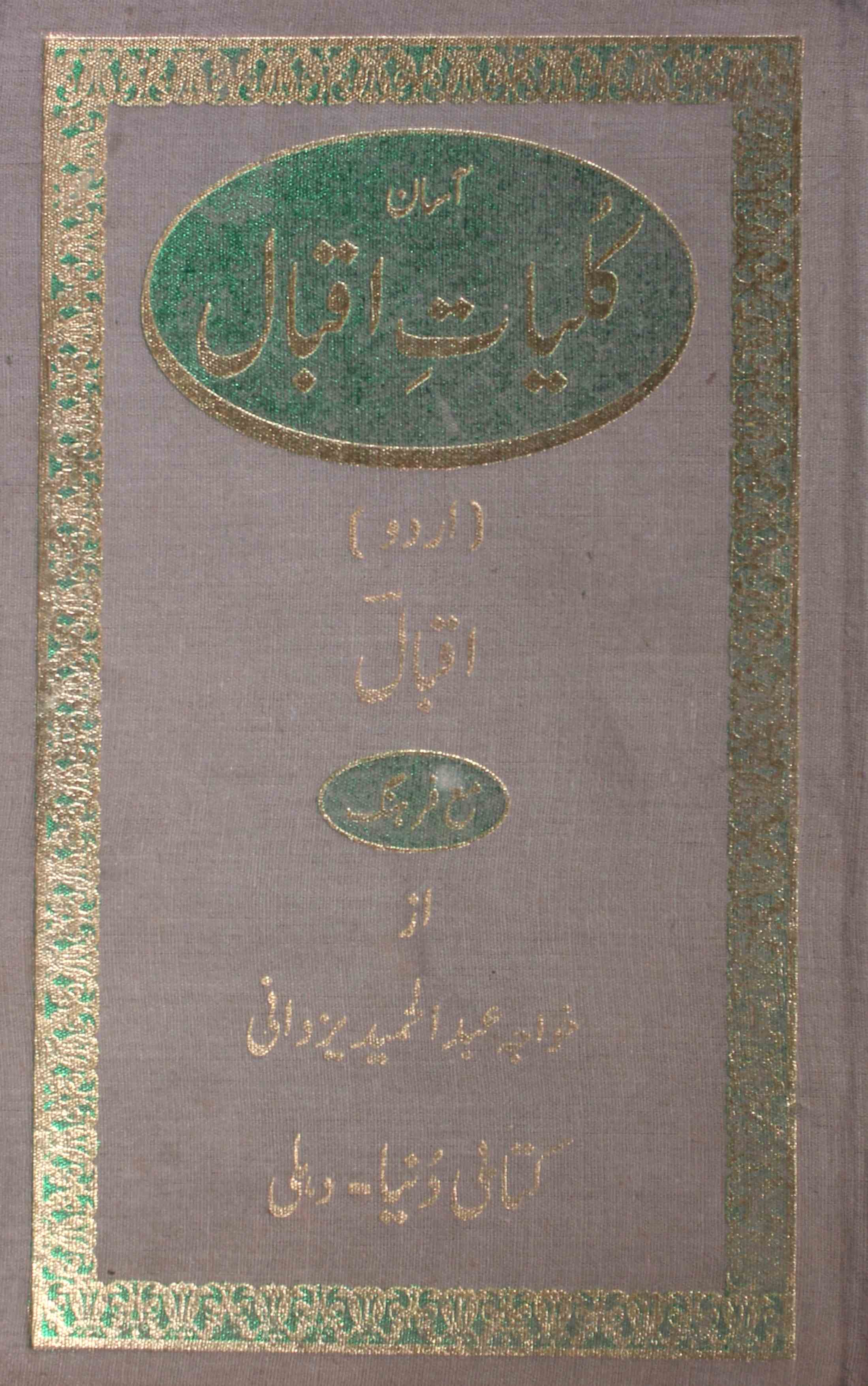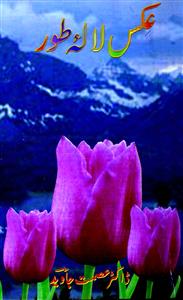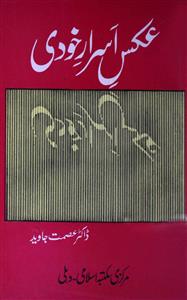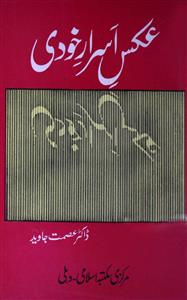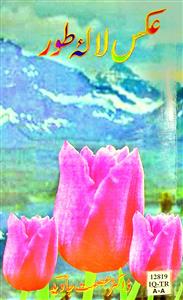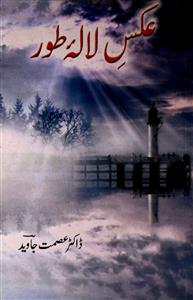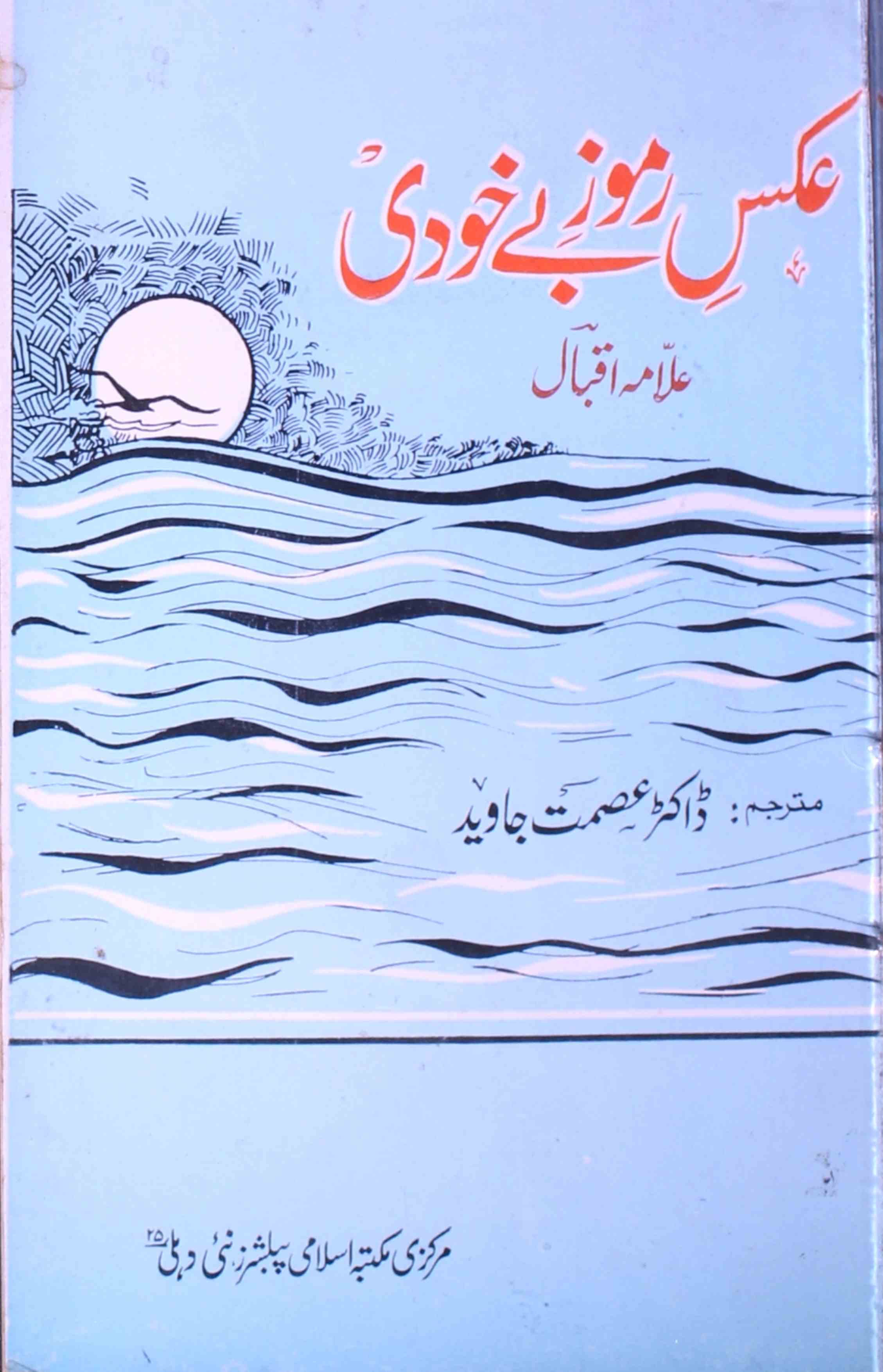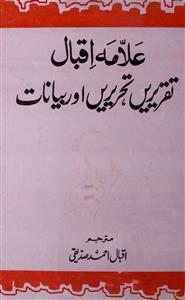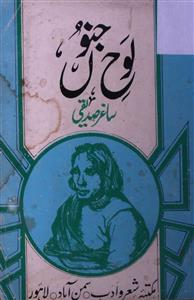 For any query/comment related to this ebook, please contact us at haidar.ali@rekhta.org
For any query/comment related to this ebook, please contact us at haidar.ali@rekhta.org
About The Book
جاوید نامہ علامہ اقبال کی فارسی زبان میں ایک شاہ کار کتاب ہے ۔ اس کے بارے میں علامہ اقبال نے خود فرمایا کہ یہ کتاب مکمل کرکے مجھے یوں لگا جیسے میں نچڑ کر رہ گیا ہوں۔ یہ کتاب مثنوی کی شکل میں لکھی گئی ہے، اور تقریباً 2,000 اشعار پر مشتمل ہے اور یہ سب سے پہلے 1932 میں شائع ہوئی۔ یہ کتاب دراصل علامہ اقبالؒ کا خیالی سفرنامہ ہے جس میں ان کے راہبر مولانا روم انہیں مختلف سیاروں کی سیر کرواتے ہیں جہاں علامہ اقبال تاریخ کی کئی نامور ہستیوں کی ارواح سے ملاقات کرتے ہیں۔ اس مثنوی میں قسم قسم کے علمی و فکری، دینی و سیاسی اور اجتماعی حقائق کو پیش کیا گیا ہیں۔ اقبال نے اپنی اس کتاب کو دانتے کی کتاب ڈیوائن کامیڈی کے طرز پر ایشیا کی ڈیوائن کامیڈی کہا ہے۔ کتاب کا آغاز مناجات سے ہوتا ہے مگر اصل مطالب تب آتے ہیں جب شاعر شام کے وقت دریا کنارے مولانا روم کے بعض اشعار پڑھ رہا ہوتا ہے کہ مولانا رومی کی روح وہاں حاضر ہوجاتی ہے۔ شاعر رومی کی روح سے چند سوال کرتا ہے جس کا جواب رومی کی روح دیتی ہے پھر رومی اور شاعر کی روح فضا کا سفر کرتی ہے راستے میں وہ ستاروں کا نغمہ سنتے ہیں جو ان کو خوش آمدید کہتا ہے۔ چاند پر رومی اور شاعر توقف کرتے ہیں۔ فلک قمر پر ان کی ملاقات ایک جہاں دوست سے ہوئی ہے جہاں دوست دراصل ایک قدیم ہندو رشی و شوامتر ہے۔ وشوامتر علامہ اقبال سے چند سوالات کرتا ہے جس کا وہ جواب دیتے ہیں۔۔۔ پھر وہ ایک فلک پر ابن حلاج، غالب اور قرۃ العین کی روحوں سے ملتے ہیں مرزا غالب سے ادبی اور مذہبی سوالات پوچھے جاتے ہیں، اسی طرح اقبال اور رومی مختلف آسمانوں کی سیر کرتے ہیں، جہاں مختلف لوگوں سے ملاقاتیں ہوتی ہیں۔ آخری حصے میں کتاب کا شاعر اپنے بیٹے سے خطاب کرتا ہے جو دراصل آنے والی نسل سے ایک خطاب ہے۔اس طرح یہ افلاکی ڈرامہ بڑے دلچسپ انداز میں ختم ہوتا ہے۔ زیر نظر "جاوید نامہ" کا خاص ایڈیشن ہے، جس میں بعض صفحات پر واقعہ کی منظر کشی تصویر بنا کر کی گئی ہے۔ نیز وحید قریشی کا دیباچہ کچھ اہم معلومات فراہم کرتا ہے۔
About The Author
Mohammad Iqbal (1877-1938), a descendant of a Kashmiri Brahmin family that had embraced Islam in the seventeenth century, was born and settled in Sialkot. After a traditional education in Arabic, Persian, and Urdu, he was exposed to a liberal education that defined the contours of his thought and his poetry during the entire period of his life. Beginning his educational career at the Scottish Mission School, he went on to acquire his M. A. in Philosophy, before joining Trinity College, and later earning the degree of Bar-at-Law. He furthered his education by getting the degree of doctorate from Germany on The Development of Metaphysics in Persia. He worked in different capacities at different points of time; he taught philosophy, practised law, got involved in politics, and also attended the second Round Table Conference. Even while he favoured the idea of the creation of Pakistan and is venerated there as the national poet, he wrote the famous patriotic song that celebrates the greatness of India. King George V decorated him with knighthood and he was called Sir Mohammad Iqbal thereafter.
Iqbal wrote both in Persian and Urdu, and is often regarded as the poet-philosopher of the East who addressed the Muslim ummah, believed in the philosophy of wahdatul wujood, and propounded the philosohy of khudi, or selfhood, which called for self-realisation and the discovery of the hidden talent with love and perseverance. Beyond that lay the stages of complete submission and forgetfulness which, he thought, was the ultimate stage of khudi. Iqbal dreamt of the ‘complete man’ and also entered into a metaphoric dialogue with the divine. His poetry emerged as a remarkable site where message and art coalesced, as he re-configured major poetic devices like metaphor, myth, and symbol to re-visit history, philosophy and the Islamic faith to develop his individual vision. He has left behind his collections of poems, Asraar-e Khudi, Rumooz-e Bekhudi, Baang-e Daraa, Baal-e Jibreel, Payaam-e Mashriq, Zaboor-e ‘Ajm, Javed Naama, Zarb-e Kaleem, and Armaghaan-e Hijaz, apart from his lectures collected in English as The Reconstruction of Religious Thought in Islam, and other works on the Eastern worldview.
 For any query/comment related to this ebook, please contact us at haidar.ali@rekhta.org
For any query/comment related to this ebook, please contact us at haidar.ali@rekhta.org
